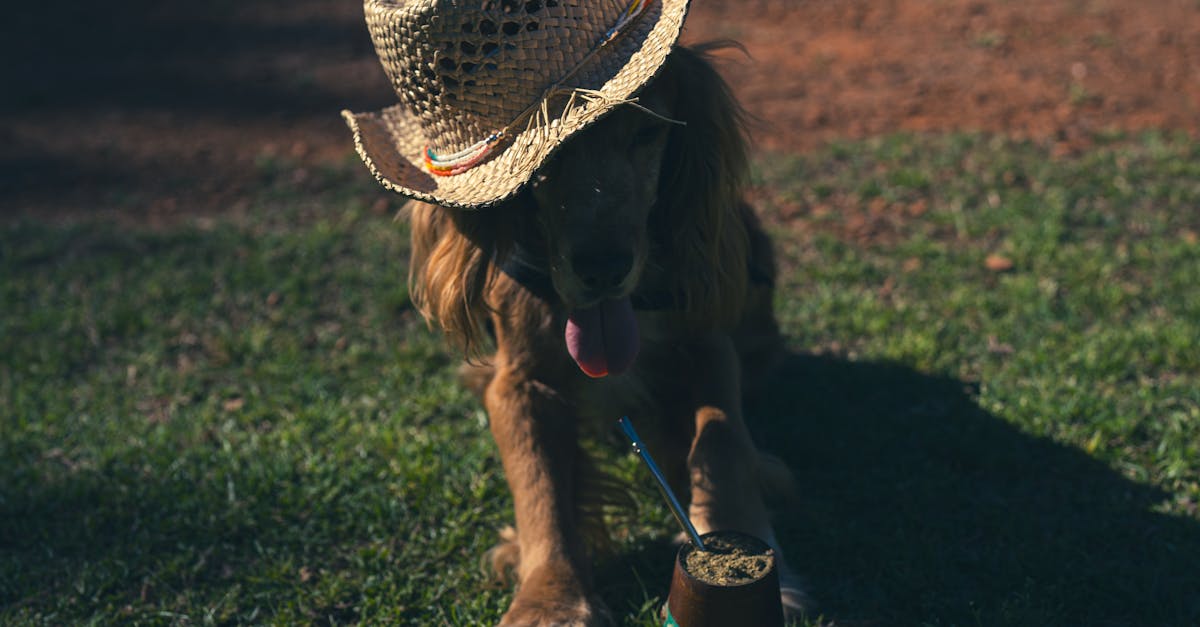Are you considering adding a Parson Russell Terrier to your family, or do you already have one and want to ensure you're providing the best care? These energetic, intelligent, and loyal dogs are a joy to have around but come with specific needs. Let's explore what makes this breed unique and how you can keep your Parson Russell Terrier happy and healthy.
🐾 Breed Snapshot
The Parson Russell Terrier, often mistaken for the Jack Russell Terrier, is a small but mighty breed originally bred for fox hunting. Recognized by the American Kennel Club (AKC), these dogs are known for their athleticism, intelligence, and charming personality. Here's a quick overview:
- Size: 13–14 inches tall at the shoulder
- Weight: 13–17 pounds
- Life Expectancy: 13–15 years
- Coat Type: Smooth or wire-haired, with a predominantly white coat and black, tan, or brown markings
- Energy Level: High
These terriers are ideal for active families who can meet their exercise and mental stimulation needs. While small, they require more than just a daily walk to thrive.
🧬 Personality & Behaviour
Parson Russell Terriers are known for their playful and fearless nature. They're highly intelligent and love a good challenge, whether it's solving a puzzle toy or learning new tricks. However, their terrier instincts can sometimes lead to stubbornness and a strong prey drive.
Key traits of their personality include:
- Loyal and affectionate: They form strong bonds with their families and love to cuddle after a day of activity.
- High energy: These dogs need plenty of exercise to burn off their energy. Without it, they may become bored and engage in unwanted behaviors like digging or chewing.
- Social but independent: While they enjoy human company, they can also be independent thinkers, especially when they catch a scent or see a squirrel.
Early training and socialization are crucial to managing their natural tendencies, especially if you have small pets like cats or rabbits.
🧼 Health & Grooming Needs
Parson Russell Terriers are generally a healthy breed, but like all dogs, they can be prone to certain health conditions. Regular vet checkups and preventative care are key to keeping your pup in good shape.
Common health concerns in this breed include:
- Patellar Luxation: A condition where the kneecap slips out of place, which can cause discomfort or lameness.
- Lens Luxation: An eye condition where the lens becomes displaced, potentially leading to glaucoma or vision loss.
- Deafness: Some Parson Russell Terriers may be predisposed to hereditary deafness.
On the grooming side, this breed is relatively low-maintenance:
- Coat care: Brush weekly to remove dirt and loose hair. Wire-haired varieties may need occasional hand-stripping.
- Bathing: Bathe as needed, typically every few months unless they get into something messy.
- Nail trimming: Trim nails regularly to prevent overgrowth, which can cause discomfort or affect their gait.
- Dental hygiene: Brush their teeth several times a week to prevent tartar buildup and gum disease.
Nutrition also plays a vital role in their overall health. Feed them a high-quality diet tailored to their size, age, and activity level, and always consult your vet for specific dietary recommendations.
💡 Vet Tips for Pet Parents
Owning a Parson Russell Terrier can be incredibly rewarding, but it also comes with responsibilities. Here are some practical tips to help you provide the best care:
- Exercise, exercise, exercise: These dogs need at least 60 minutes of vigorous activity daily. Activities like agility training, fetch, or long hikes are great options.
- Provide mental stimulation: Puzzle toys, obedience training, and interactive games can help keep their sharp minds engaged.
- Secure your yard: Their hunting instincts and love for digging mean they need a securely fenced yard to prevent escapes.
- Start training early: Positive reinforcement methods work best for this intelligent but independent breed. Focus on recall and impulse control to manage their prey drive.
- Regular checkups: Schedule annual vet visits to monitor their health and address any issues early.
Finally, remember that every dog is an individual. While breed traits offer general guidance, your Parson Russell Terrier may have unique needs and quirks. Pay attention to their behavior and adjust your care routine accordingly.
FAQs
Q: Are Parson Russell Terriers good with children?
A: Yes, they are generally good with older children who can match their energy levels. However, supervision is recommended with younger kids, as these dogs can be excitable and may accidentally knock them over during play.
Q: Can Parson Russell Terriers live in apartments?
A: While they can adapt to apartment living, they require plenty of daily exercise and mental stimulation. Without it, they may become restless and develop behavioral issues.
Q: How do I manage their prey drive?
A: Training and socialization from an early age are key. Focus on recall and desensitization techniques, and always supervise them around small animals.
Book a $49 online vet consultation at https://www.dialavet.com for fast, expert advice.























